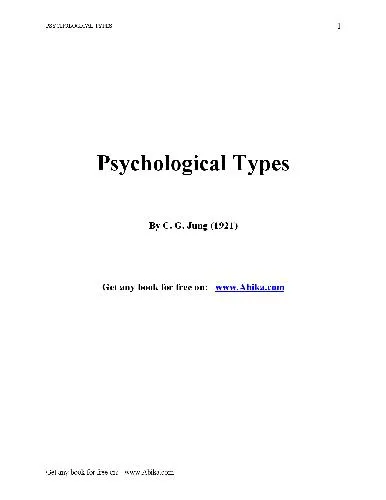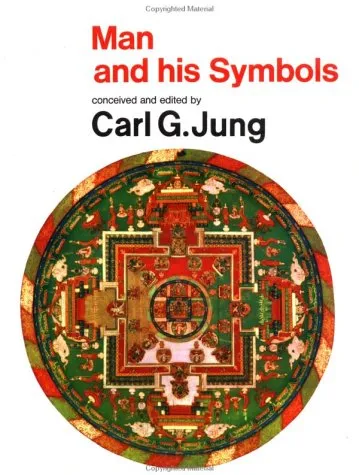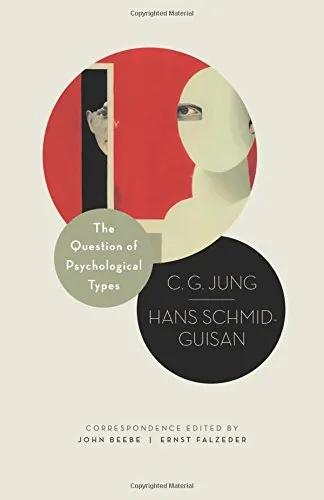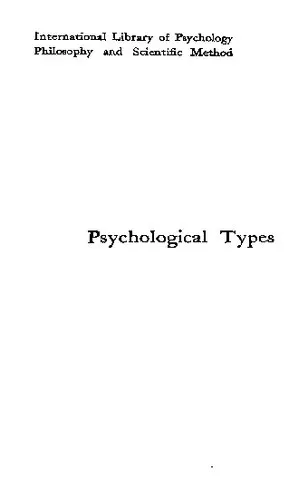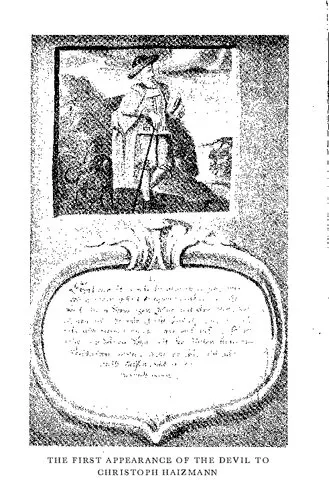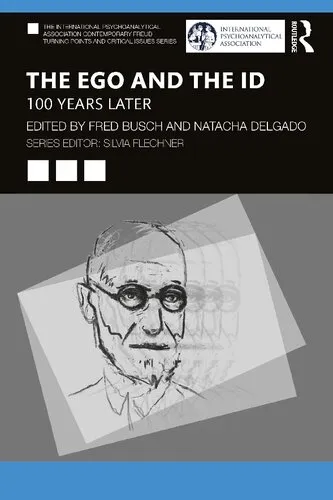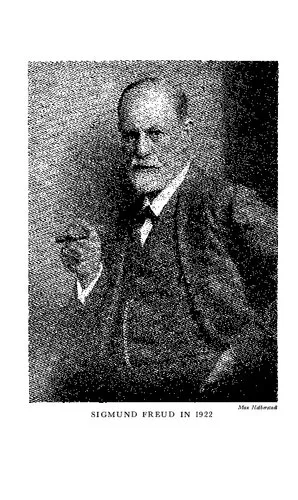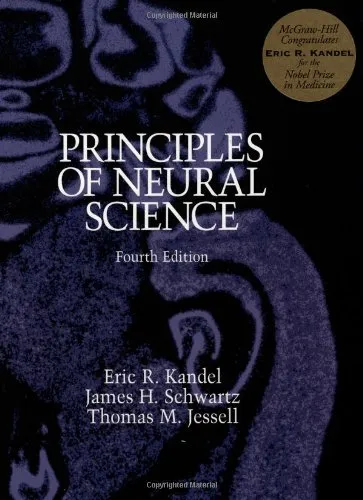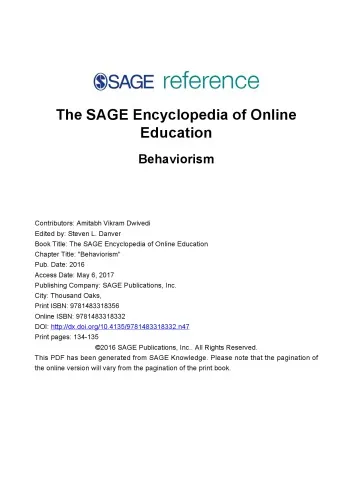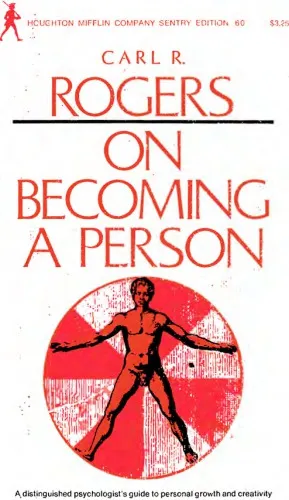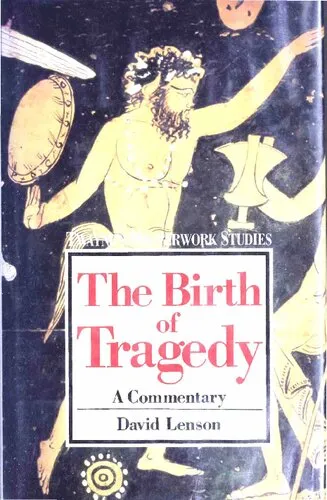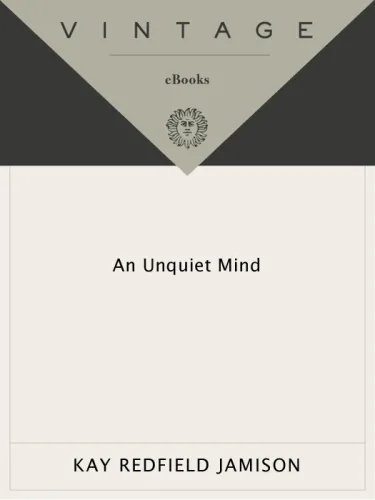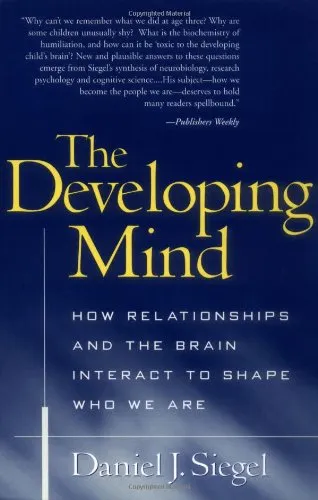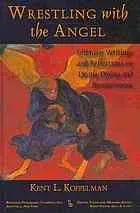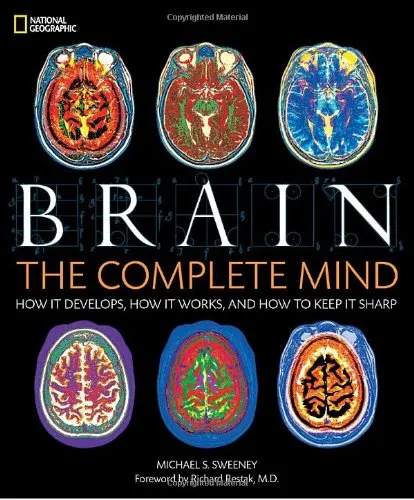Psychological Types
4.7
Reviews from our users

You Can Ask your questions from this book's AI after Login
Each download or ask from book AI costs 2 points. To earn more free points, please visit the Points Guide Page and complete some valuable actions.Related Refrences:
Welcome to an exploration of Carl Jung's monumental work, Psychological Types, a pioneering text in the field of psychology that delves into the intricate world of personality and individual differences. This book, first published in 1921, has remained a cornerstone in understanding human behavior and cognitive processes. Let's delve into the various components that make this book an essential read for both the layperson and the psychological professional.
Detailed Summary of the Book
In Psychological Types, Carl Jung introduces a comprehensive framework for understanding the diversity of personalities. Jung's core thesis revolves around the notion of psychological types, which he divides into two primary attitudes: introversion and extraversion. These are further complemented by four psychological functions: thinking, feeling, sensation, and intuition. The interplay between these attitudes and functions leads to the formation of eight unique personality types.
Jung thoroughly examines how individuals with varying psychological types differ in their approach to life, decision-making, and interpersonal relationships. He underscores the importance of these types in understanding the complexities of individual psyches, as well as their impact on culture, art, and history. The book also delves into the potential for internal conflict when an individual's dominant functions clash with their unconscious counterparts, often leading to personal growth and transformation.
Key Takeaways
- The concept of psychological types has significant implications for personal growth, therapy, and interpersonal relations.
- Jung's framework provides a deeper understanding of how personalities are shaped and how they influence human behavior.
- The theory highlights the necessity of acknowledging and integrating the less dominant aspects of one's personality to achieve a balanced psychological state.
- Jung proposes that conflicts within the psyche are vital for personal evolution, facilitating the integration of different facets of personality.
Famous Quotes from the Book
"In each of us there is another whom we do not know."
"Everything that irritates us about others can lead us to an understanding of ourselves."
"The meeting of two personalities is like the contact of two chemical substances: if there is any reaction, both are transformed."
Why This Book Matters
Psychological Types is not merely an academic endeavor; it is a practical guide to understanding and appreciating human diversity. Its importance lies not only in its foundational psychological theories but also in its application across diverse fields such as education, organizational development, and personal relationships. Jung's work offers a vital framework for recognizing the complexities of individual behavior and fostering empathy and communication between different personality types.
In conclusion, Psychological Types serves as a testament to the brilliance of Carl Jung’s insight into the human condition. By categorizing and analyzing types in such a nuanced manner, Jung has provided an invaluable tool for individuals to better understand themselves and others, paving the way for enhanced self-awareness and improved interpersonal dynamics.
Free Direct Download
You Can Download this book after Login
Accessing books through legal platforms and public libraries not only supports the rights of authors and publishers but also contributes to the sustainability of reading culture. Before downloading, please take a moment to consider these options.
Find this book on other platforms:
WorldCat helps you find books in libraries worldwide.
See ratings, reviews, and discussions on Goodreads.
Find and buy rare or used books on AbeBooks.
1488
بازدید4.7
امتیاز0
نظر98%
رضایتReviews:
4.7
Based on 0 users review
Questions & Answers
Ask questions about this book or help others by answering
No questions yet. Be the first to ask!
